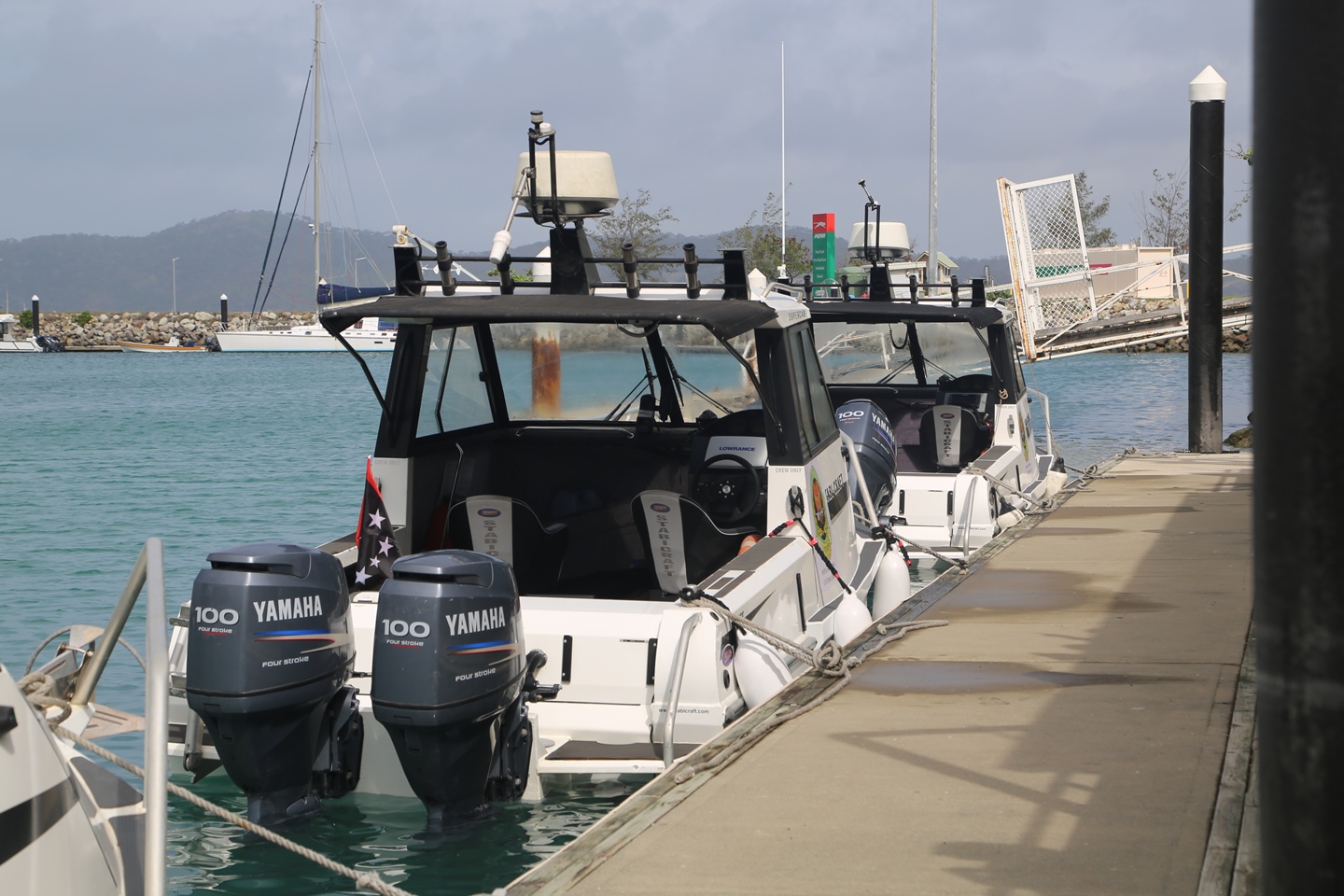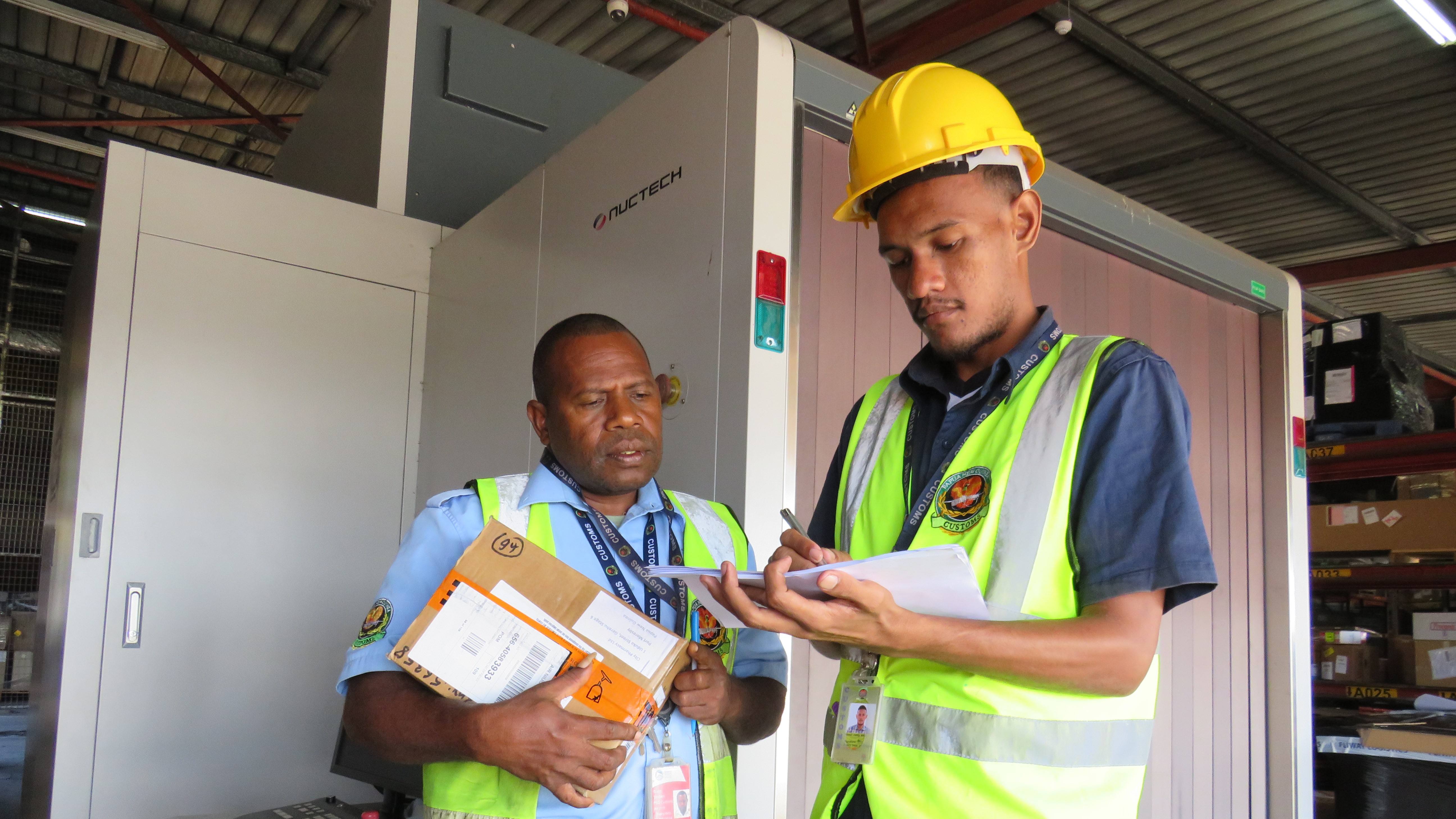




This five-year Corporate Plan 2024 - 2028 sets out PNG Custom's renewed focus on developments to strengthen its institutional capability, capacity and competency in line with the international best practices and standards promulgated by World Customs Organization (WCO), World Trade Organization (WTO) and other International Conventions and Treaties.